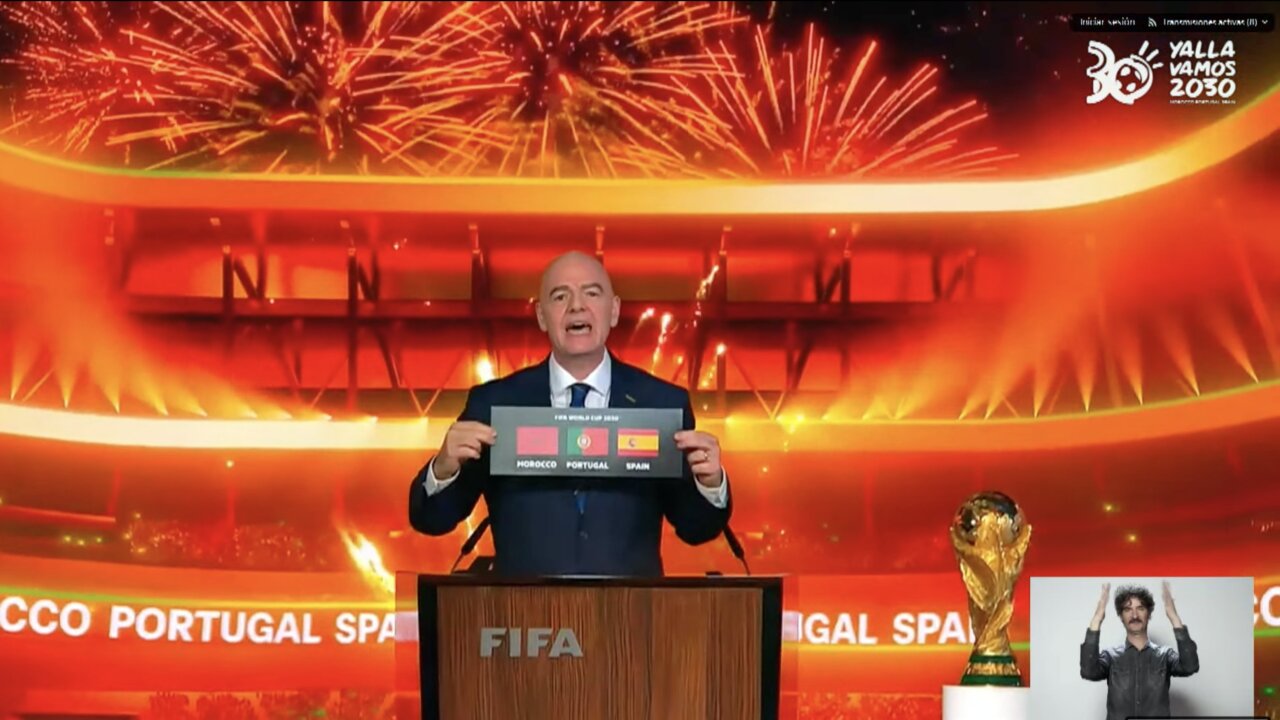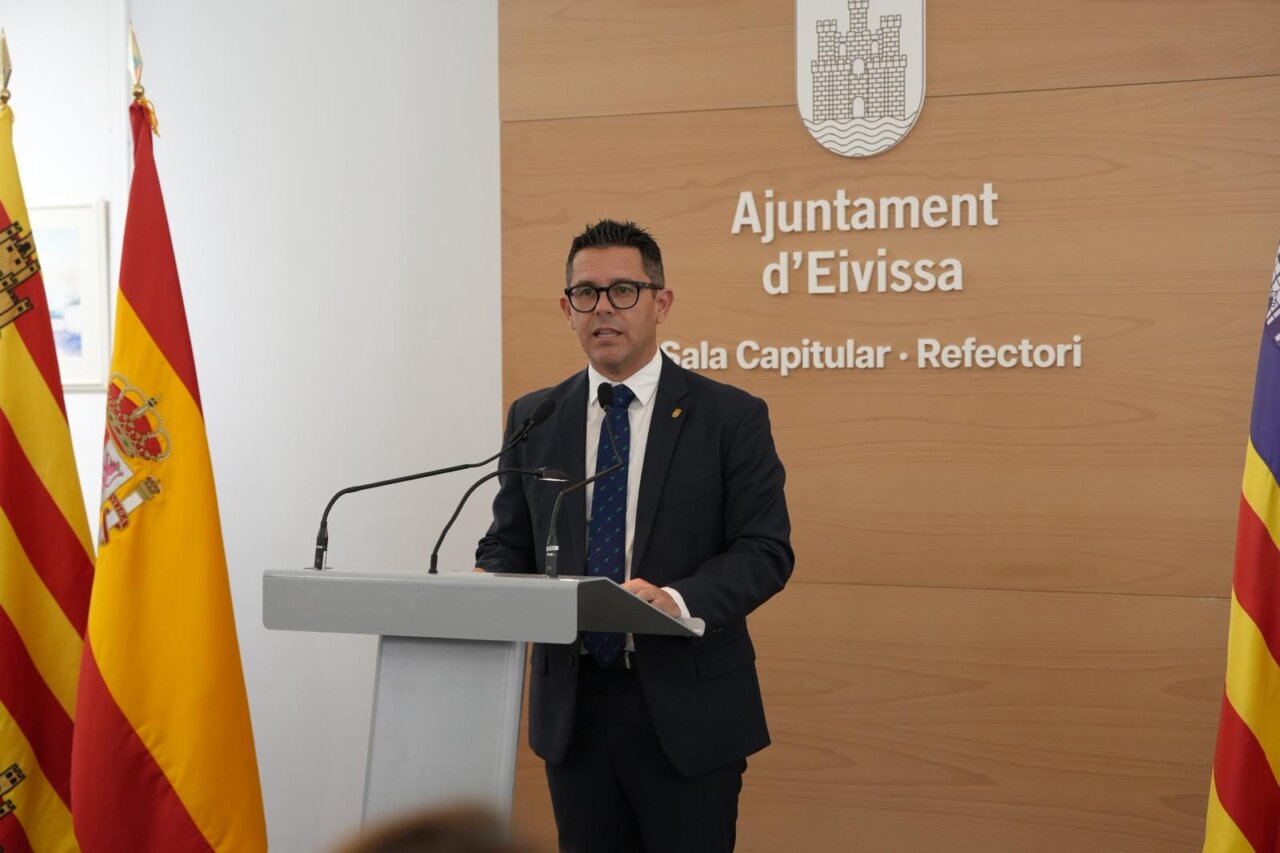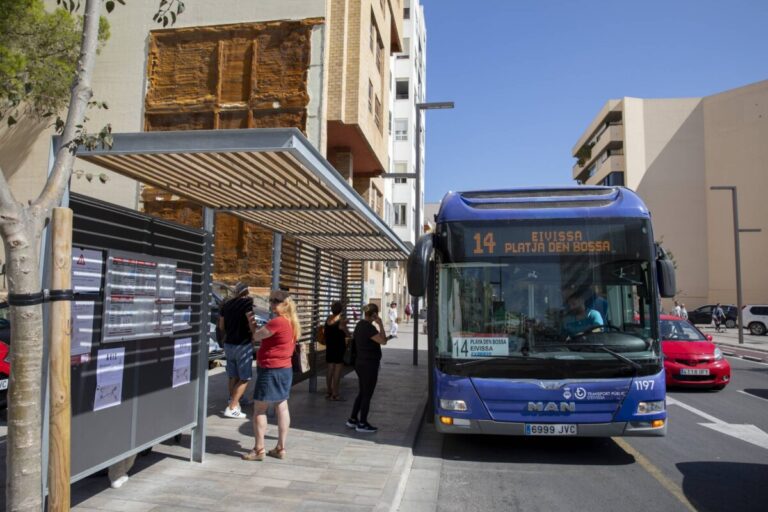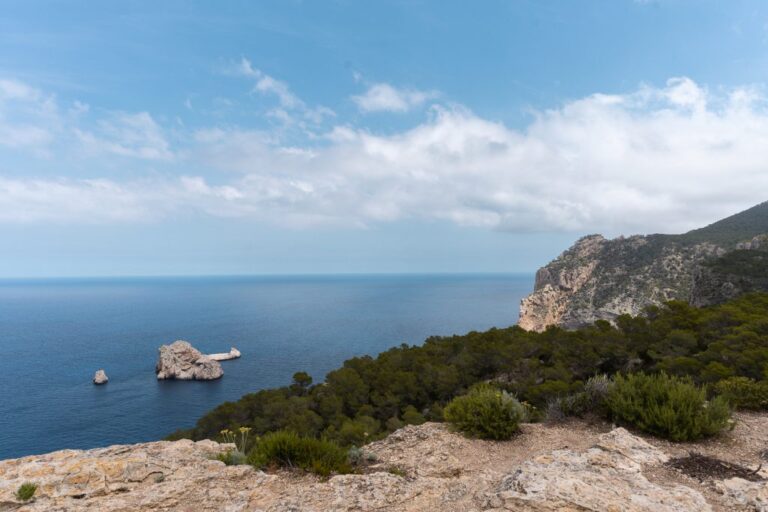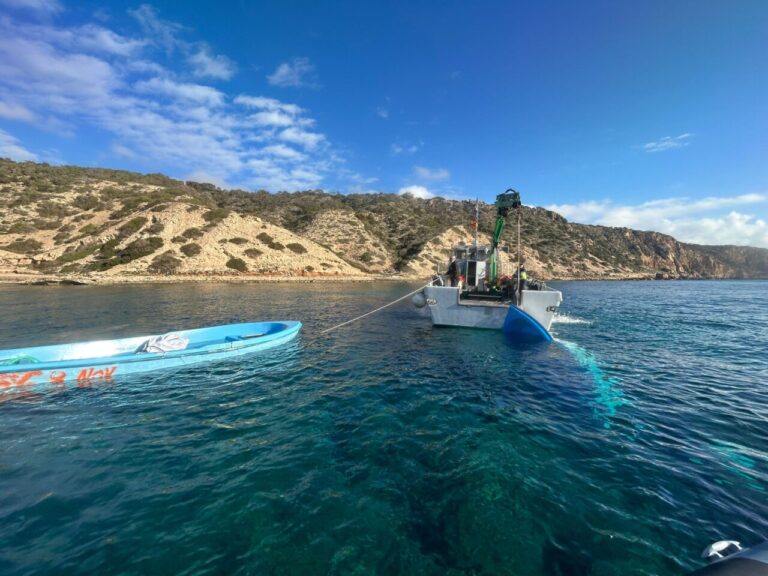The FIFA has made official what was already anticipated: Spain will be one of the main venues for the 2030 World Cup. The decision, announced on Wednesday during the Extraordinary FIFA Congress in Zurich, makes the joint bid of Spain, Morocco and Portugal the hosts of a tournament that promises to be unique for its international character and historical symbolism. The announcement not only confirms the organizational commitment of the three countries, but also kicks off a series of preparations for an event that, in the words of FIFA President Gianni Infantino, “reflects the values of collaboration and sustainability that define modern soccer”.
The centennial celebration: a tribute to soccer’s roots
The 2030 World Cup will have an unprecedented format: the opening matches will be played in South America, specifically in Uruguay, Argentina and Paraguay, in a tribute to the first tournament held in 1930.
Montevideo will host the so-called “centennial match”, while Buenos Aires and Asuncion will also host matches, connecting soccer’s roots with its global present. From there, Spain, Morocco and Portugal will take over with the bulk of the tournament, standing out for the modernity of their facilities and the cultural diversity they will offer to fans from all over the world.
The reaction in Spain: pride and responsibility
The Royal Spanish Football Federation (RFEF) celebrated the confirmation with enthusiasm: “The 2030 World Cup is officially ours. FIFA has ratified that the YallaVamos2030 bid will host the World Cup,” they posted on their social networks.
This will be the second World Cup organized by Spain, after 1982, and the country’s emblematic stadiums, such as the Santiago Bernabéu and Camp Nou, are expected to play a leading role. Logistics and economic impact are at the center of the plans for an event that is projected to be one of the most important events in the recent history of soccer.
Sustainability and legacy
The bids of Spain, Morocco and Portugal were highlighted by FIFA for their focus on sustainability and legacy, with proposals that include the use of existing infrastructure and technological and social integration projects. In addition, the evaluation reports assessed the ability of these nations to collaborate on a tournament of such magnitude.
Continue reading

